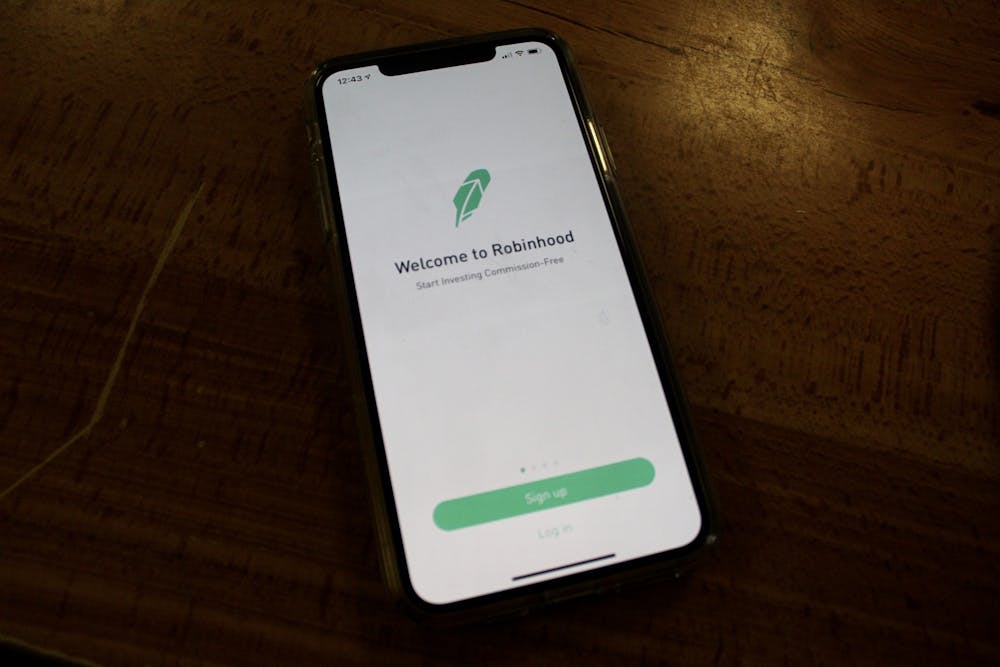The stock market has reached new levels of volatility amid the coronavirus outbreak and global oil price war it caused. The Dow Jones Industrial Average fell a whopping 2,014 points on Monday, an astonishing 7.8% loss. It was the biggest single-day percentage loss since October 2008 during the global financial crisis.
While many associate the stock market with corporate bigwigs and rich folk, many everyday people have been affected by these losses as commission-free investing and the rise of stock apps have allowed anyone to easily invest in stocks.
Investors using the Robinhood app, where you can invest in stocks, have especially felt the sting of these losses and even filed lawsuits against the company. Consumers are well within their rights to do so because the company has failed to provide a necessary service for its customers and was woefully unprepared for its customer load.
Travis Taffe, a 23-year-old Florida resident, filed a lawsuit against the company on March 4 for failing to provide access to trade funds, asking that the company “implement failsafes to avoid future outages from high trading volumes.”
Robinhood advertises itself as a no charge, free-trading app that “lets investors trade stocks, options, exchange-traded funds and cryptocurrency.” It offers accessibility for any and everyone to trade stocks simply through a smartphone.
However, the app has recently experienced breakdowns on two crucial trading days, March 2 and Monday. The largest single-day point gain in history occurred on March 2 as the market attempted a rebound of losses from the week prior and Monday marked the largest single-day point loss in history as economic fears hit a peak.
Nathan Blair, a sophomore who first started investing mid-February with the app, said he was frustrated with the outages. During the turbulent economic time, he couldn’t even check on the app how his stocks were doing, let alone take them out or put them in.
“It’d be like if your bank wouldn’t provide financial information,” he said.
He simply wished to see if his concerns were valid through the app during the trading day.
Morning Brew reported that one potential theory for this unexpected shutdown is that Robinhood forgot to code into its app that Feb. 29 was leap day. Twitter sleuths found this error in the app’s Python module.
Robinhood has not commented on this claim. Founders Vlad Tenev and Baiju Bhatt instead said that an "unprecedented load" of trades occurring was too much for their internal servers to handle.
Blair said he understood this but still wanted an independent firm to verify this as he said he wondered if the company was attempting to save face.
“It is expected to maintain access to people’s financial data,” Blair said, reacting to the outages. “No other place experienced this.”
Blair is correct. E*TRADE, Stash and Fidelity are just a few of the other apps used for trading stocks, and none of them had any outages on these days.
Rafael Hernandez, a junior in the Kelley School of Business, has used the Fidelity app since he was a senior in high school and claims that he's never had an issue with the app whatsoever. He said Fidelity has more resources to use than Robinhood and was better equipped to deal with a stock market swing.
Robinhood users were unfairly saddled with the burden of having to just sit and wait as some lost thousands of dollars. The company has not indicated any opportunity for a refund for those who lost money during these outages and instead are just sitting on their hands and promising to work on improving their servers. This is unacceptable.
This inaction leads to one logical next course of action: a class-action lawsuit.
Taffe is surely not the only individual affected by the company’s ill-preparedness. Hopefully, more people will join in and form a class-action lawsuit to send a message to the app, and others like it, that it is unacceptable to essentially hold people’s money hostage while you work on your faulty system.
Robinhood messed up. The average age of Robinhood users is 32, and the bridge into economic investing for millenials (and even Gen Z) has been burnt. Already under fire this past December for sending customer trading orders without guaranteeing the best price, the app has a lot of atoning to do to bring back the trust of its users.
If Robinhood can’t offer the bare minimum safety in investing, then it deserves to be sued as its customers flee to better competitors, as they should.
Maximilian Sandefer (he/him) is a sophomore studying Spanish and political science. He is currently a legislative intern on Capitol Hill in Washington, D.C.





